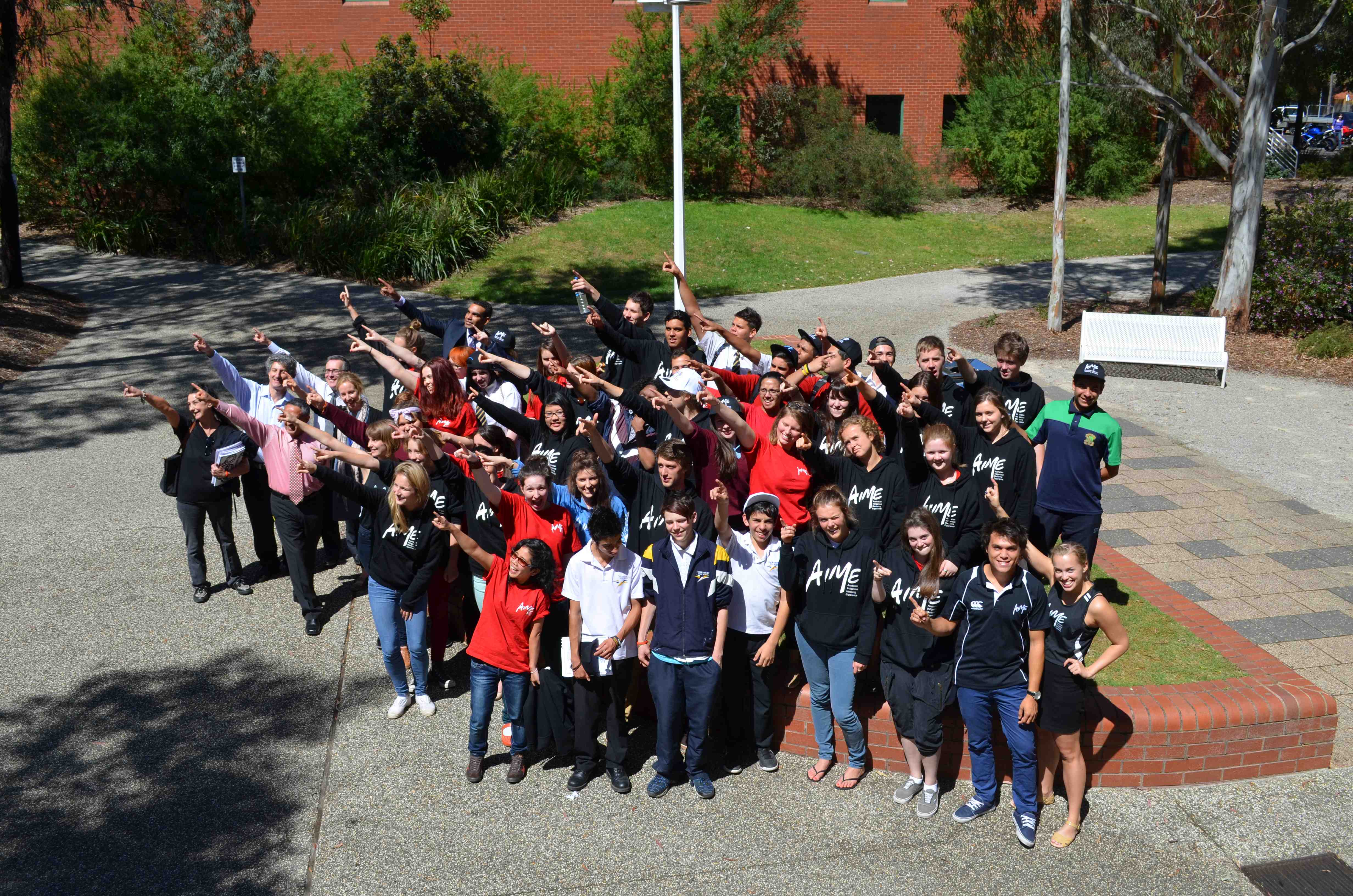Despite recent increases in Aboriginal and Torres Strait Islander education levels, a large divide remains between Indigenous and non-Indigenous outcomes – predominantly at higher levels of achievement. In 2008 a national strategy was implemented to close the gap in educational outcomes between Indigenous and non-Indigenous Australians. Although it has had some success, the 2011 census data showed Indigenous Australians only made up about one per cent of current university students. While Indigenous student numbers increased by about 21 per cent from 2001 to 2011, non-Indigenous numbers also increased meaning levels remained stationary in real terms.
Unsurprisingly, those with higher levels of educational achievement are more likely to join the work force than those with lower levels of achievement. According to the most recent data from the 2011 Australian Social Trends report on Education and Indigenous Wellbeing, an Indigenous adult is 18 per cent more likely to gain full-time employment with Year 10 attainment, 51 per cent with Year 12 or skilled vocational qualifications, and 63 per cent with a bachelor degree or higher.
To help raise these statistics, the Australian Indigenous Mentoring Experience (AIME) has devised dynamic educational programs for Indigenous high school students at a grassroots level. The organisation promotes educational equality and further education for Indigenous students, while creating unity between Indigenous and non-Indigenous cultures.
AIME Program Coordinator Addie Walsh said the trust Indigenous adolescents invest into the program is huge. “We’d love to see all these kids in university, if they want to go into other pathways or into apprenticeships or straight into the workforce, that’s great, we just want to see a 100 per cent transition into one of those options,” Ms Walsh said. “We want to create a culture where, for every step you take forward in life, you put your hand back and bring someone with you. “Basically, we want
to work ourselves out of a job,” she said.
Beginning in 2005, AIME had only 25 mentors and 25 mentees. Fast-forward to 2013, and the organisation now has over 1,000 mentees and 1,000 mentors across 16 university sites in five Australian states. Since 2010, RMIT University has been working with AIME to give Indigenous high school students the skills, opportunities and confidence to finish school at the same rate as their peers. AIME is always looking for volunteers – student mentors commit to four days spread throughout the year, and receive a LEAD certificate at the end of the program.
Mentee turned mentor Senada Aldobasic said AIME broke down educational barriers and allowed her to realise her true potential. “Before encountering the study side of the program, I didn’t have a structure or an older sister or parents who could help me out with homework at home. So when homework time came around, I would leave out a chunk of work because I couldn’t do it,” she said.
Senada said AIME gave her someone to look up to and wants to give others the moments of empowerment and confidence she experienced with the program. “I want those younger than me to realise their potential, to know they aren’t just a statistic out there being observed, but they are the next generation of leaders,” she said.
By 2016, AIME hopes to connect 1,700 university student mentors with 2,800 Indigenous high school students in 20 university sites across Australia.
If you want to become a mentor, or just want more information about AIME, please contact Addie Walsh at [email protected].
Dragana Mrkaja


